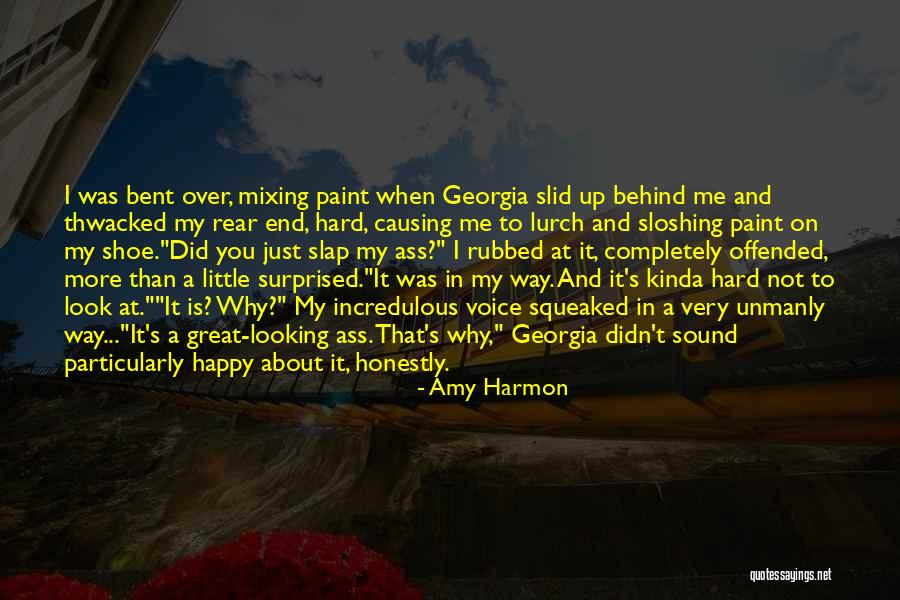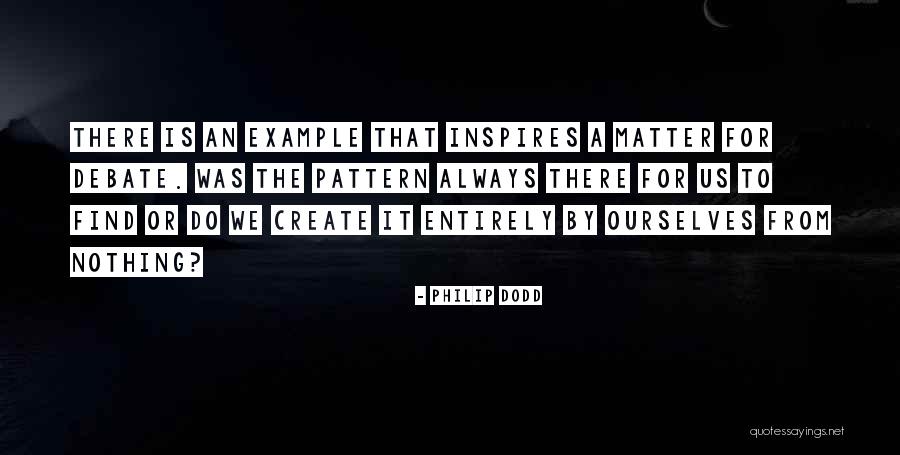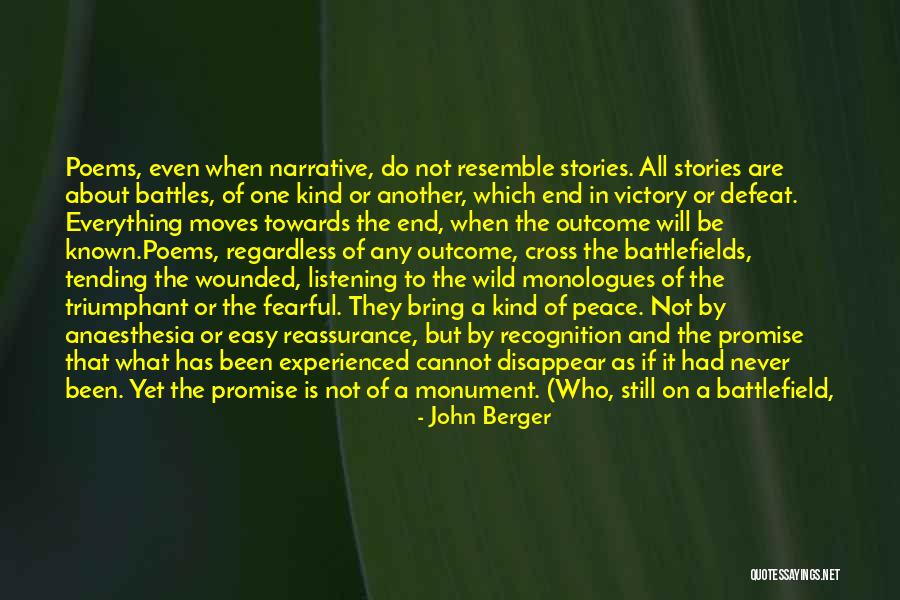Anythingit Ceo Quotes & Sayings
Enjoy reading and share 5 famous quotes about Anythingit Ceo with everyone.
Top Anythingit Ceo Quotes

I was bent over, mixing paint when Georgia slid up behind me and thwacked my rear end, hard, causing me to lurch and sloshing paint on my shoe.
"Did you just slap my ass?" I rubbed at it, completely offended, more than a little surprised.
"It was in my way. And it's kinda hard not to look at."
"It is? Why?" My incredulous voice squeaked in a very unmanly way...
"It's a great-looking ass. That's why," Georgia didn't sound particularly happy about it, honestly. — Amy Harmon

Don't annoy your readers by over-explaining--by telling them something they already know or can figure out. Try not to use words like "surprisingly," "predictably" and "of course," which put a value on a fact before the reader encounters the fact. Trust your material. — William Zinsser

It felt very good to have him walking beside her. Good like rest and quiet, like something you could live without but you needed anyway. That you had to learn how to miss, and then you'd never stop missing it. — Marilynne Robinson

There is an example that inspires a matter for debate. Was the pattern always there for us to find or do we create it entirely by ourselves from nothing? — Philip Dodd

Poems, even when narrative, do not resemble stories. All stories are about battles, of one kind or another, which end in victory or defeat. Everything moves towards the end, when the outcome will be known.
Poems, regardless of any outcome, cross the battlefields, tending the wounded, listening to the wild monologues of the triumphant or the fearful. They bring a kind of peace. Not by anaesthesia or easy reassurance, but by recognition and the promise that what has been experienced cannot disappear as if it had never been. Yet the promise is not of a monument. (Who, still on a battlefield, wants monuments?) The promise is that language has acknowledged, has given shelter, to the experience which demanded, which cried out. — John Berger





